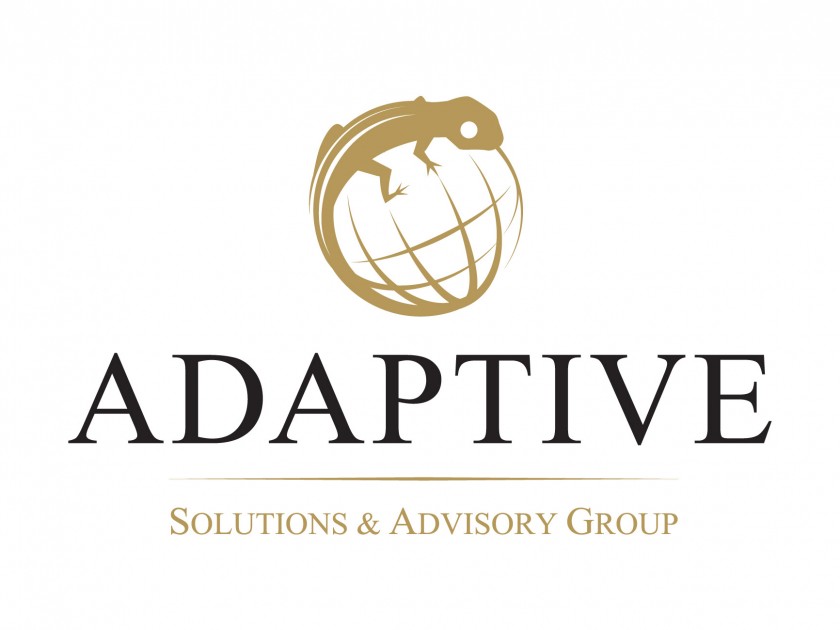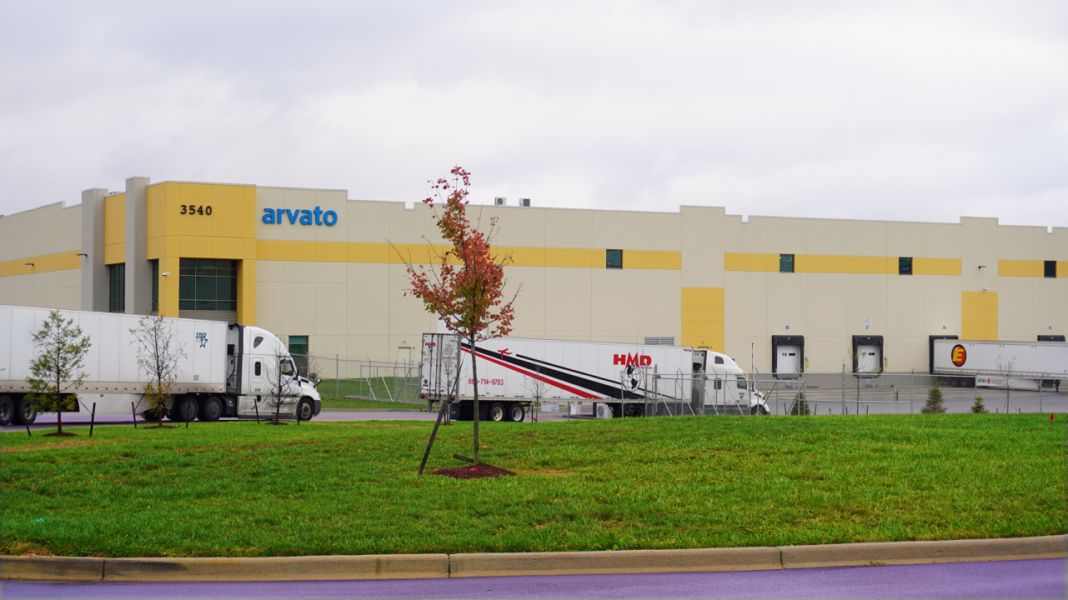To change or not to change?

In a world defined by constant evolution, embracing change is not just advantageous; it's essential. This article explores the pivotal role of change in personal growth, human progress, and business success, emphasizing the need for proactive adaptation.
From one hand this question could be difficult to answer but from the other side we must realize that basically we do not have much influence on most of the changes in our environment. We only have an apparent choice here. Why is that? Because the whole evolution is based on a change. There is no other way to move forward than to change every day.
Biology, evolution, life
Change is a fundamental aspect of life. It is this evident than in the concept of evolution. Therefore there is no choice if we think about progressing. Evolution, both in the biological and broader sense, is a testament to the inherent need for adaptation and transformation. The opposite of change is stagnation which will definitely not push our world forward.
In our personal lives, every day we encounter various challenges and opportunities that demand adaptation. From learning new skills to overcoming adversity, the ability to change is not only advantageous but often essential for our well-being and growth. If we think about it, our reality is driven by the change. From the changing hour, days, seasons through physical changes and to changing mindset. Some of the changes are needed, some expected, some inevitable and some very sudden even creates a tremendous shock.
Here and now
The history of human civilization shows how much the continuous adaptation, with innovations and revolutions is driving progress. Nowadays, the rapid pace of technological advancement requires constant adaptation. Individuals and societies that resist change may find themselves left behind, while those who embrace it are better positioned to success in a dynamic and interconnected world.
How many times we have heard that we live in a dynamic environment? It is not only the diplomatic way we use to explain some of our decisions. It is a common fact and we cannot deny it anymore. Change is not just inevitable; it's a constant. Here we come to the well-known saying: The only constant in our life is change. Therefore we clearly see that the question from the beginning of this article is completely rhetorical. Sure we can deny changes but then we will be definitely left behind.
Change mechanism
In the world of business, the ability to effectively deal with change allows to significantly leverage the whole company in an ever-evolving marketplace. Embracing the change gives us an opportunity for innovation, learning, and continuous improvement. Businesses can not only weather the storms of transformation but also emerge stronger and more resilient. Change mechanism is most commonly presented by the Kübler-Ross Change Curve model however coping with change is a complex process. We can go through various phases as we adapt to new circumstances.
Our first reaction to the unexpected change is often denial. We encounter the first shock which whispers into our ears that maybe it is not the truth. Here comes also resistance and hope that it will not be persistent, or we will wake up from the nightmare. Why nightmare? Because our nature do not like unexpected, shocking changes. We rather strive for stabilization, health and potentially know future. Here is why we rebel when this order is suddenly ruined. It can result with frustration, anger and blaming everyone around us. We are easily thrown off balance, we get nervous and we object to everything, even to quite logic solutions. At this stage we are deaf to all arguments. Once we realize that it is not a nightmare and, what is worse, we cannot do much about it, we reach out to the last attempt. We try to bargain. It’s our last chance to have at least a slight influence on what is happening. We look for the compromise, alternative or mitigation. Anything which will give us the feeling that we have something to say, a last word. When we realize that there is nothing we can do we mourn our loss. We go through the difficult stage of sadness, sometime even depression.
After the first dark part of the change mechanism we should expect a turning point. Once we realize that our reality has irreversibly changed we cannot do nothing else than finally accept it. At first we are not the biggest enthusiast of the current reality. We just need to somehow cope and learn how to live with it. We do not reach beyond. We just do the absolute minimum to survive. We explore and search for the best way to adapt to the change. With the time we do not even realize that we start to explore more and more this new environment and new reality. This is the other part of our nature – the explorer. Once we feel more and more confident we expand our boundaries, we go further and further. That is how the evolution goes. You could say that after the storm here comes the sun. We incorporate the lessons learned and make the change as part of our identity. Our reality has been rebuild and it is functioning pretty ok.
It's important to note that people differ in their responses to change, and not everyone will experience the phases in the same way or order. Some of us can skip some stages or even do not realize where we stand exactly at the moment. Some phases may intermingle or we can go back to the previous ones, going in a circle for some time. Everyone can cope with the change slightly different. How to help people with embracing the change? Prepare them as much as we can.
Changes in business
I have a vide experience in introducing changes to business with different approaches. From my personal lessons learned I can say one thing: taking employees by surprise is always the worse way to do it. Once there was a belief that launching any modifications should be like ripping off a Band-Aid. Those were the most difficult improvement implementations I have ever done.
After several attempt of similar project management approach we got much wiser. We started with the change management at the very early stage of the whole improvement discussions. What do we gain by that? The employees could be prepared with some business landscape background information which can be shared thru Town Halls, Business Updates, Newsletters, Team Meetings etc. As a result we create transparent (as much as it can be for the confidentiality reasons) environment and reality. With the business trends and statistics employees themselves can anticipate and predict changes. They should be familiar with the business strategy and what could come with it. As they are part of the whole process from the beginning you can count on a very effective potential risk management sessions.
Their input can easily help improving the whole modification process from the start. They can share their opinion and be involved in the planning so they have an actual influence and got the feeling that their opinion matters.
In addition to that If we will invest and share a clear training approach for the new circumstances and technologies we can expect that the whole company will feel more confident and ready for the change. Giving our people right instruments from the beginning limits significantly all the negative aspects while dealing with the inevitable change.
Of course we need to remember that the company management is always leading the change so if you have not done it yet, then you need to definitely start with them.
Author: Aleksandra Pudlarz, Program Manager / Senior Consultant, Adaptive SAG
This article comes from magazine:
FOCUS ON Business #15 March-April (2/2024)
 Check the issue
Check the issue








